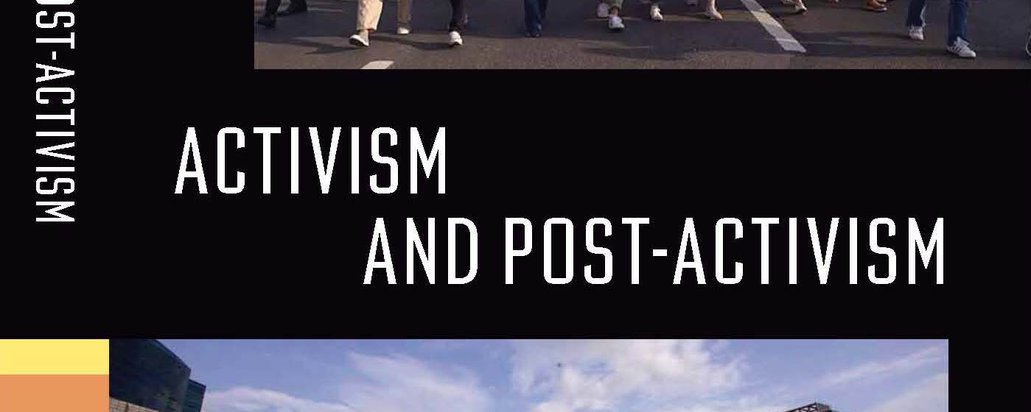Activism and Post-Activism: Korean Documentary Cinema: 1981-2022 Lecture

Activism and Post-Activism: Korean Documentary Cinema: 1981-2022 Lecture
“This lecture presents an overview of Activism and Post-Activism: Korean Documentary Cinema: 1981-2022 (Oxford University Press, 2024), the first-ever English-language monograph on Korean non-fiction film and video practices in the non-governmental and non-corporate sectors from their foundational period (early 1980s) to the present. Making tripartite connections between the socio-political history of Korea (from the 1980s mass anti-dictatorship movement to twenty-first century labour issues, Truth and Reconciliation, feminism, LGBT rights, environmental justice, and key events such as the Sewol Ferry disaster and the Candlelight Protests), documentary's aesthetics and politics, and the shifting institutional and technological evolution of documentary production and distribution, I argue that what is unique and particular about this forty-year history of Korean documentary cinema is the intensive and compressed co-evolution of activism (including social change documentaries aimed at engaging social movements in the form of alternative nonfiction media practice) and post-activism (a set of twenty-first-century documentaries whose formal and aesthetic experimentations gesture toward overcoming and renewing the activist tradition).” Kim Jihoon
The lecture will be followed by screenings of Sanggyedong Olympics (dir. Kim Dong-won, 1988) and Graeae: A Stationed Idea (dir. Jeong Yeo-reum, 2020). Selected by Kim Jihoon, the films exemplify the themes of activism and post-activism in Korean documentary cinema.
Kim Ji-hoon is a Professor of Cinema and Media Studies at Chung-ang University. His second book, Documentary’s Expanded Fields: New Media and the Twenty-First-Century Documentary, was published by Oxford University Press in 2022. He has edited a special issue on Korean popular cinema and television in the 21st century for the Journal of Popular Film and Television (Volume 47, Issue 1, 2019).
